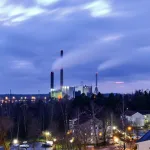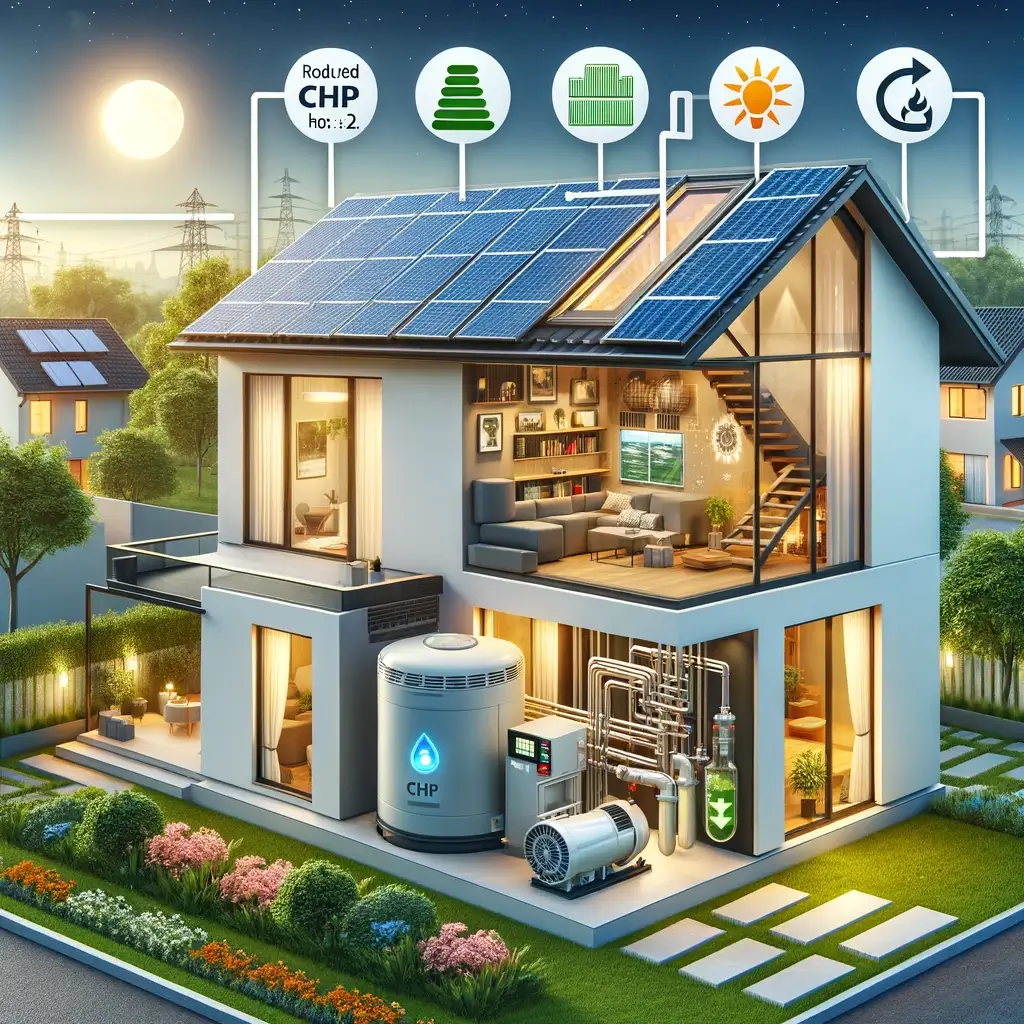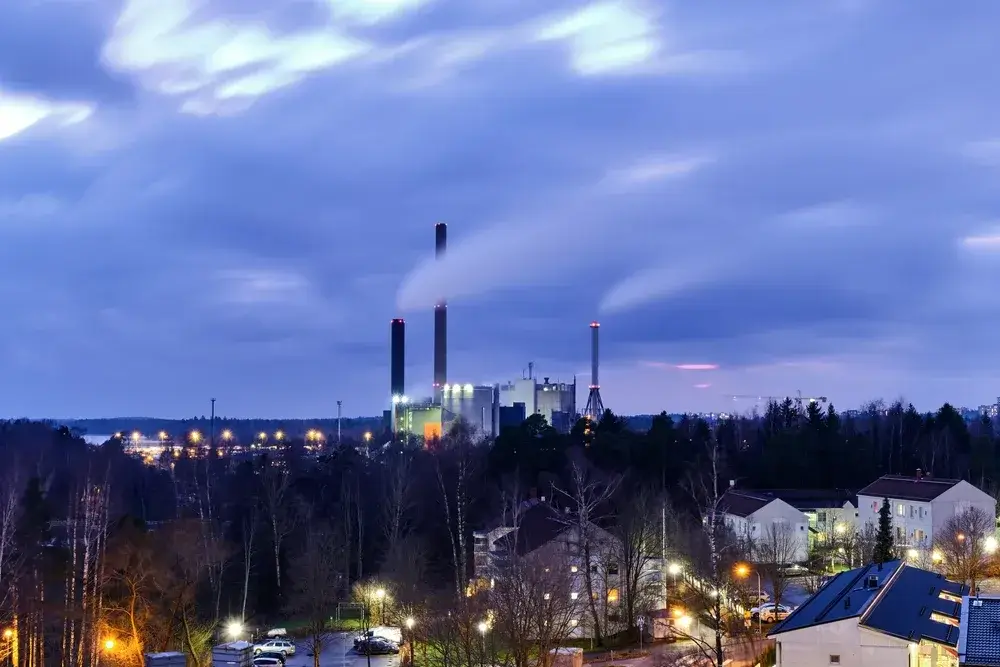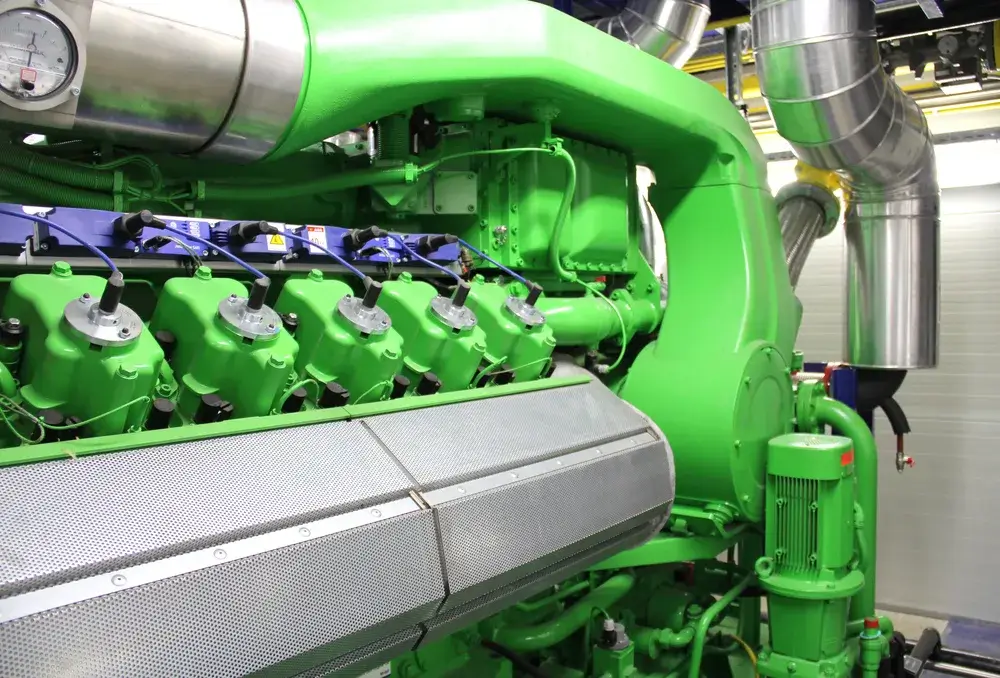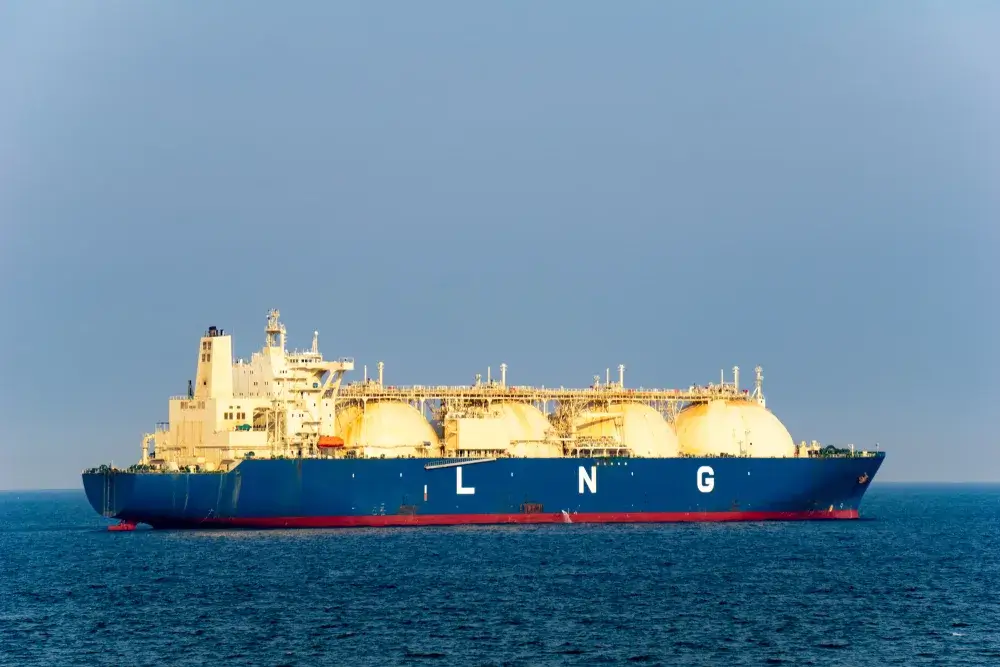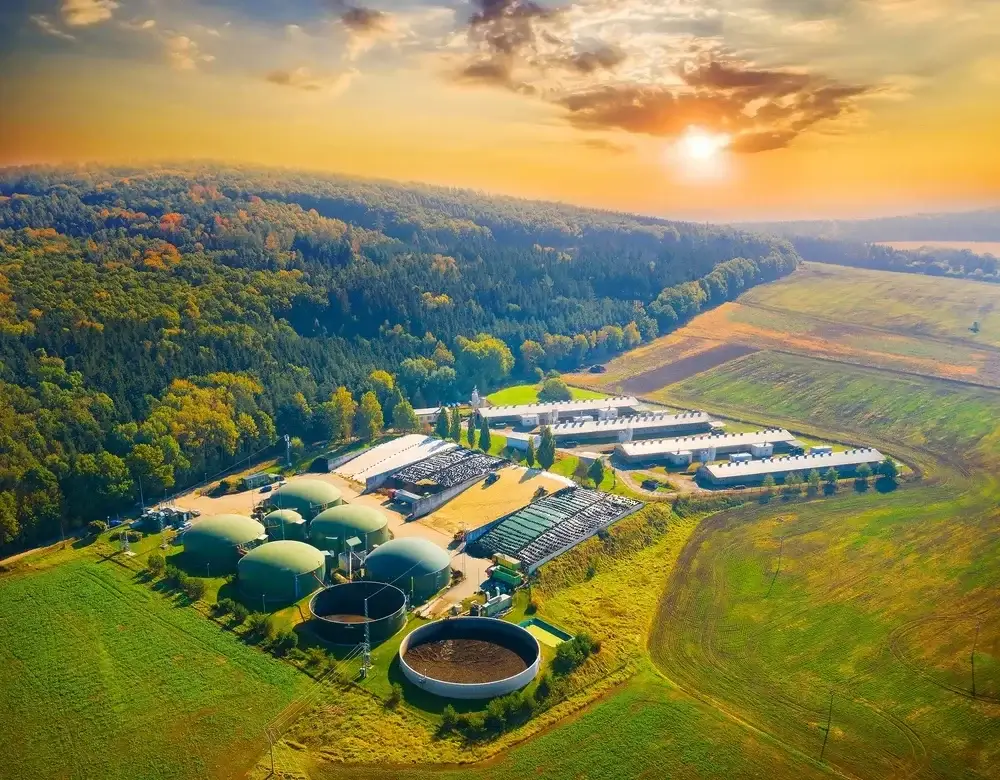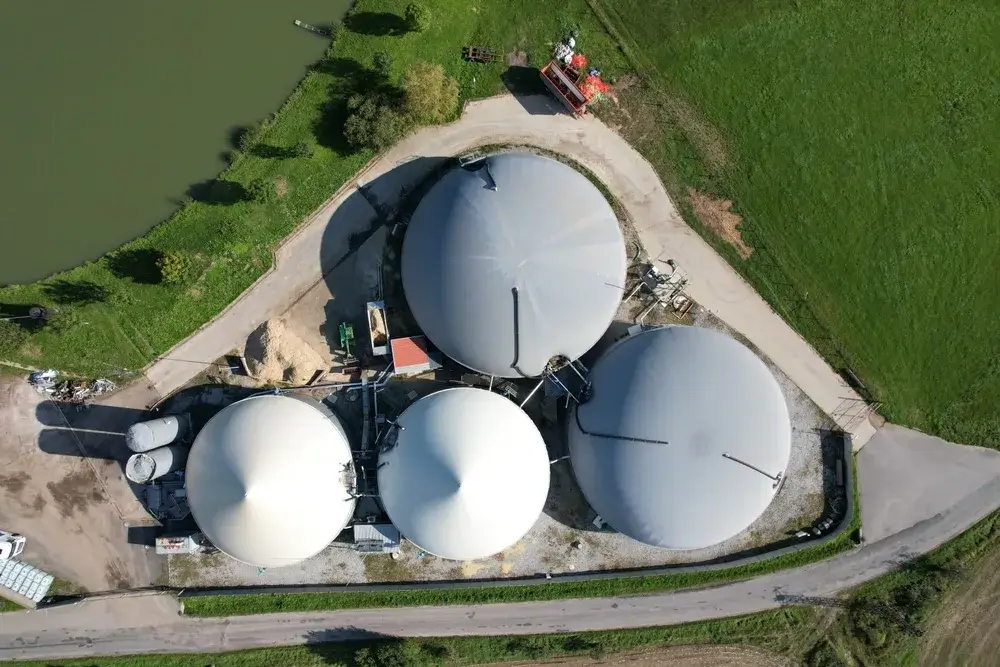The Advantages of Gas Engines — Powering the Future Efficiently
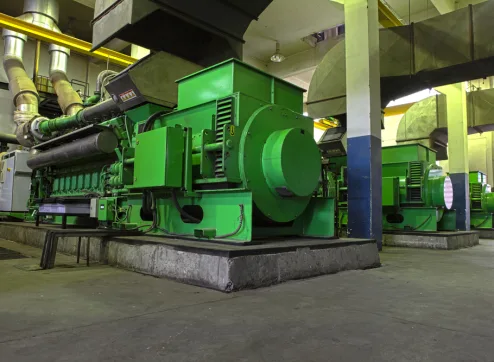
Gas engines offer a blend of efficiency, environmental friendliness, and economic viability. This blog post delves into the multifaceted advantages of gas engines, from their lower emissions to their adaptability in various applications.
Introduction to Gas Engines
Gas engines have become a pivotal component in the modern energy landscape, known for their efficiency and versatility. Originating from the late 19th century, these engines have undergone significant evolution, adapting to various technological advancements and environmental needs. A gas engine operates by burning fuel, typically natural gas, propane or biogas, to produce mechanical energy, which is then converted into electrical power.
Environmental Benefits
The shift towards gas engines in various sectors is partly driven by their environmental benefits. These engines are known for their cleaner combustion process, resulting in lower emissions of harmful pollutants.
Lower Emissions
Gas engines emit significantly fewer pollutants such as nitrogen oxides (NOx), sulfur dioxide (SO2) and particulate matter compared to their diesel and coal counterparts. This reduced emission profile contributes positively to air quality, helping to mitigate the impact of energy generation on climate change.

Renewable Energy Compatibility
Another key environmental advantage of gas engines is their compatibility with renewable energy sources. Gas engines can efficiently operate on biogas and renewable natural gas (RNG), which are produced from organic waste materials. This not only helps in reducing dependency on fossil fuels but also promotes the use of renewable resources, contributing to a circular economy.
Economic Advantages
Gas engines not only provide environmental benefits but also offer economic advantages. These include cost-effectiveness in operation and maintenance, as well as enhanced durability, making them a financially sound choice for a variety of applications.
Cost-Effectiveness
One of the most compelling economic benefits of gas motors is their cost-effectiveness. They are often more fuel-efficient than other types of engines, especially diesel engines, leading to lower operational costs over time. The initial investment in a gas engine can be offset by these savings in fuel consumption.
Maintenance and Durability
Gas engines are renowned for their durability and comparatively low maintenance requirements. They are designed to withstand rigorous use, often having longer lifespans than other engine types. This durability translates to fewer breakdowns and a reduction in maintenance costs over the engine’s lifecycle. With gas engine services and gas engine spare parts from PowerUP you can even prolong these lifecycles.
Performance and Versatility
Gas engines also excel in performance and versatility, making them suitable for a wide range of applications.
High Energy Output
Gas engines are known for their high energy output and efficiency. They are capable of converting a high percentage of fuel energy into useful power, this high efficiency is particularly beneficial in industrial settings and for large-scale power generation, where maximizing energy output from fuel is crucial.
In a CHP plant, gas generators are a part of efficiently producing power and heat at the same time. Additionally, the quick start-up time and ability to rapidly adjust to load changes make gas engines highly responsive and efficient in various operational scenarios.
Versatility in Applications
The versatility of gas engines is another advantage. They can be used in a myriad of settings ranging from small-scale residential power generation to large industrial and commercial applications. This adaptability is due to their ability to operate efficiently across a wide range of power outputs and their compatibility with different types of gas fuels, including natural gas and biogas.
Gas engines can be found in remote power stations, as backup power sources in hospitals and data centers, and as primary power sources in manufacturing plants and utilities, showcasing their adaptability to different requirements and environments.
Future Potential and Innovations
The realm of gas engines is continuously evolving, driven by technological innovations and a growing focus on sustainable energy solutions. This evolution points to a promising future, where gas engines not only adapt to changing energy demands but also lead in pioneering advanced power generation technologies.
Technological Advancements
Recent years have witnessed significant technological advancements in gas engine design and functionality. These innovations focus on increasing efficiency, reducing emissions, and enhancing the overall performance of these engines.
Developments such as improved combustion techniques, advanced control systems, and the integration of AI for predictive maintenance are pushing the boundaries of what gas engines can achieve.
Integrating with Renewable Energy Trends
Gas engines are increasingly aligning with the global shift towards renewable energy. The ability of these engines to operate on a mixture of natural gas and renewable fuels like biogas and hydrogen is a significant step towards a more sustainable energy future.
This compatibility positions gas engines as a transitional technology that bridges the gap between traditional fossil fuel-based power generation and a fully renewable energy landscape. Furthermore, the role of gas engines in energy storage and grid stabilization, particularly in conjunction with intermittent renewable sources like solar and wind, highlights their importance in the evolving energy mix.
State-of-the-art Gas Engine Service with PowerUP
PowerUP offers state-of-the-art gas engine services, bringing the environmental friendliness, economic efficiency and versatile performance to a new level.
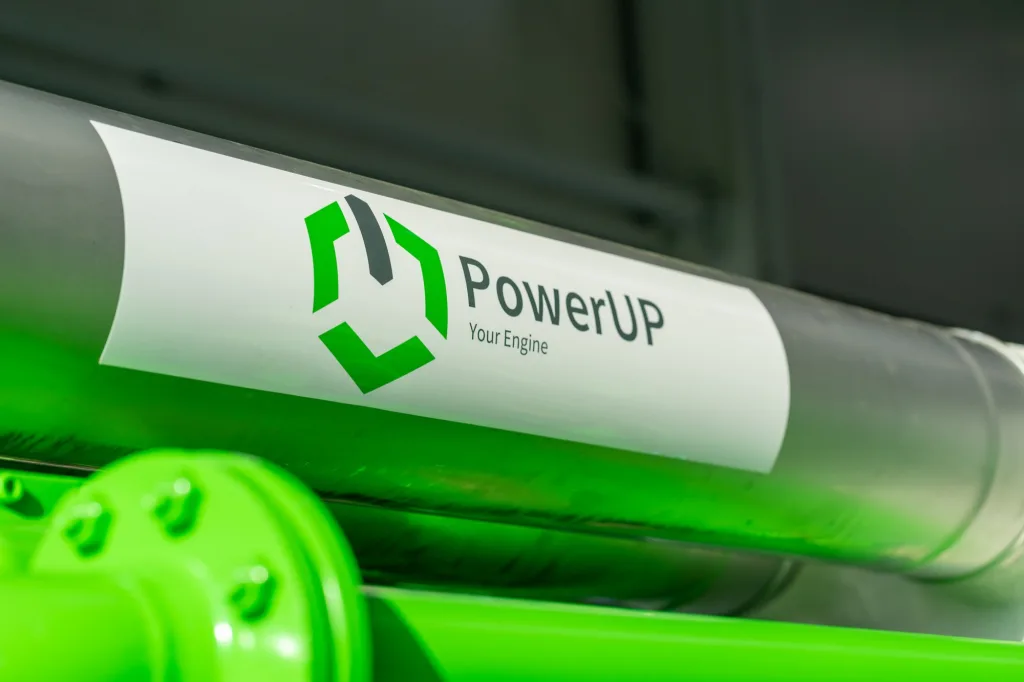
Catering to various needs, PowerUP’s gas engine solutions are perfect for residential, commercial, or industrial applications. We stay ahead with innovative technologies and support the shift towards renewable energy. Choose PowerUP for a sustainable, efficient, and future-ready power generation experience.


